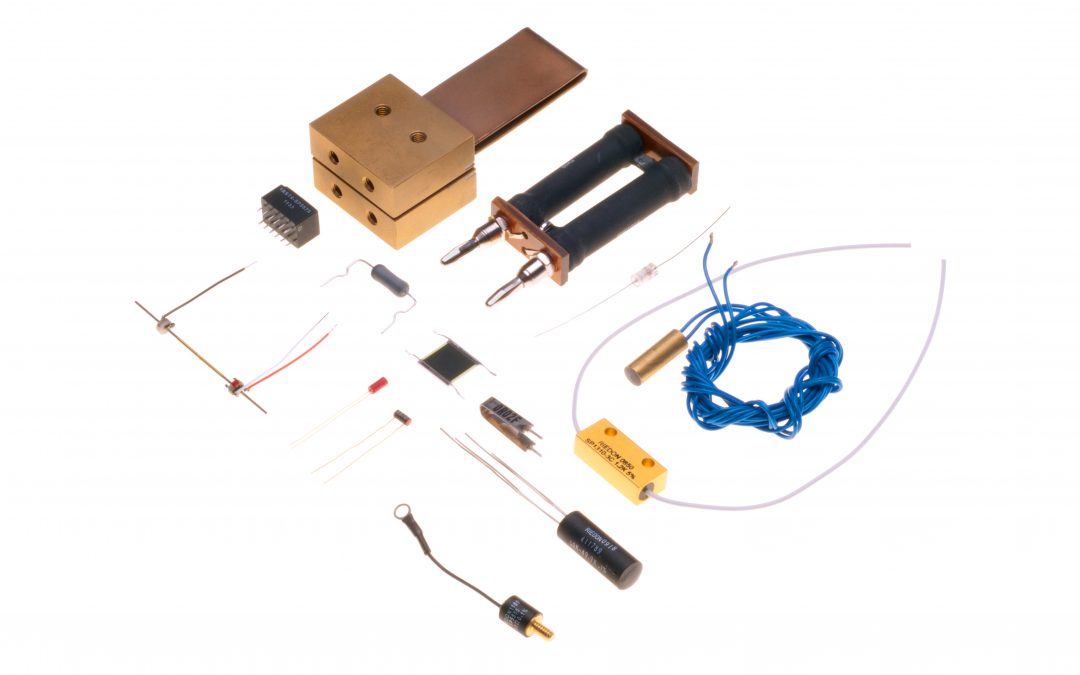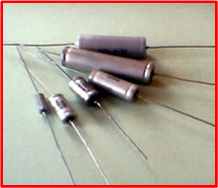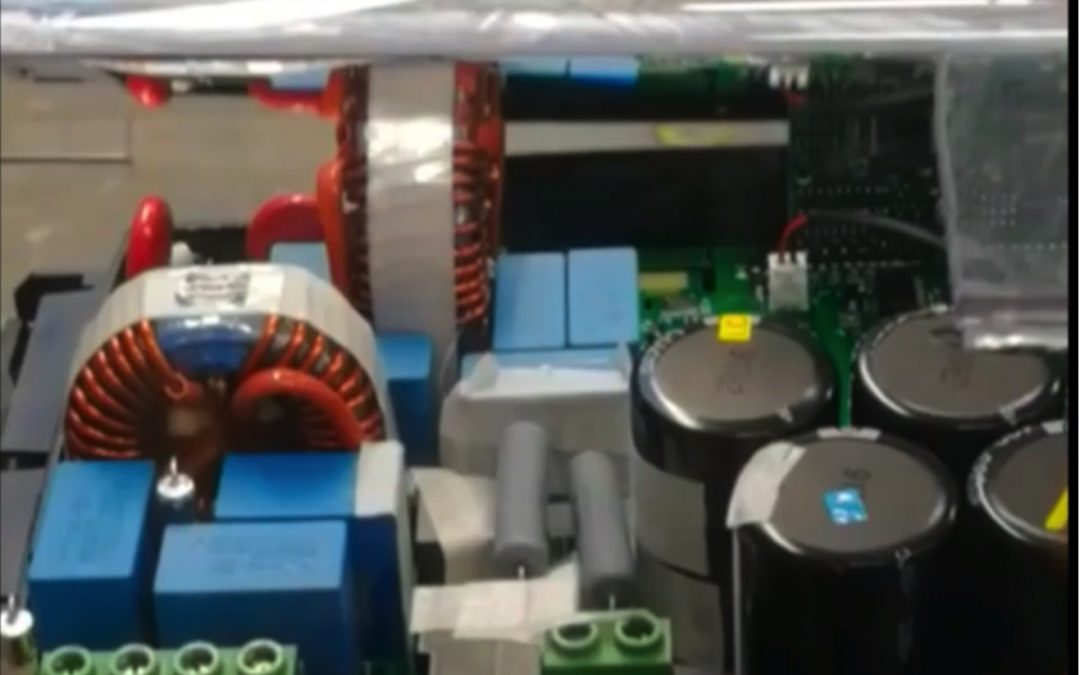
by Frida Hovsepian | Jul 5, 2022 | Resistors, Wirewound resistors
Resistors are one of the most important electronic components. They are used to control the flow of current in a circuit and are available in various types and sizes. The type of resistor you need will depend on the application for which it is being used. Fixed...
by Frida Hovsepian | Jun 6, 2022 | Resistors, Wirewound resistors
A wirewound resistor is a type of resistor that uses a conductive wire wrapped around an insulating core to resist the flow of current in a circuit. This type of resistor is made by wrapping a wire around a core. The wire’s length and diameter control the...
by Frida Hovsepian | Mar 7, 2022 | Power Film, Resistors, Wirewound resistors
A resistor is a passive electrical component that is used to create resistance in a circuit. Resistors are important in electronic circuits because they can control the flow of electricity, and can dissipate large amounts of excess energy. They are also the most used...
by Riedon | Mar 16, 2021 | Low TCR, power resistors, Precision Resistors, Resistors, Shunts, Uncategorized, Wirewound resistors
What is TCR? The resistance value of a resistor changes with temperature and TCR stands for Temperature Coefficient of Resistance, which indicates that when the temperature changes by 1℃, there will be a relative change of resistance value in ppm/℃. The resistance...

by Frida Hovsepian | Sep 2, 2020 | Current Sensors, Custom Resistors, Low TCR, Ohmite, Precision Resistors, Uncategorized, Wirewound resistors
Riedon acquired KRL Bantry Components in April of 2019. These are just two new product lines that are now available from Riedon. HR Series Hermetically Sealed Ideal for: High Stability Instruments Resistance Standards Metallurgical Equipment What makes the HR...

by Riedon | Jan 21, 2020 | power resistors, pulse resistors, Pulse Withstanding Resistors, Wirewound resistors
How do Riedon resistors handle an extreme pulse? Riedon was recently contacted by an industrial controls company seeking a solution for a pulse requirement in one of their new products. During normal operation the resistors need to absorb around 100 joules of...




